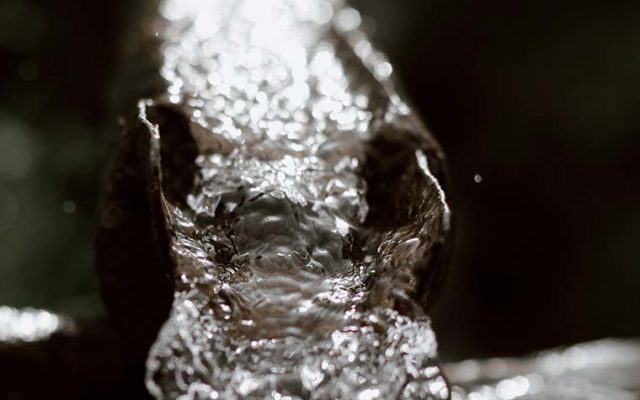The convenience of wet wipes are causing serious environmental problems. In the early 2010s, wet wipes began to become very popular on the market. And with that, they began to wreak havoc on the municipal drainage systems and the environment at large. And while consumers have been misled to believe that ‘flushable’ wet wipes are okay to send down the drain. When, in truth, almost all of these brands are composed of thick fibres – very often with plastics – that do not disintegrate.
Instead, they wrap and clump together. They combine with debris, fats, oils and grease. And become rock-solid matter that is very difficult to remove from the pipework. These can block your drains. And public drainage systems worldwide are struggling with the sudden influx of wet wipes, which are the main component of the dreaded ‘fatberg’. If this word conjures an image of an iceberg made out of fat and grease, then you are on the right track. This name was popularised in the media worldwide to describe the massive entanglements of debris, human waste, fat, plastics and fibre which can cause blockages that must be removed from the public drainage systems manually. Yuck!
The Environmental Problem of Wet Wipes
As well as wreaking havoc in your drains and our municipal sewerage systems, the wipes that make it through are also creating severe pollution in our oceans. This rock hard material blocks the pipes and can cause damage to the drainage system. Sewer blockages and pump failures can lead to the overflow of harmful sewage into the rivers, lakes and the sea. Even when they are biodegradable and free of plastics, they may still linger in the wastewater systems and oceans for way too long.
So what can we do to prevent it?
While wet wipes provide convenience and are more hygienic than toilet paper alone, they are a double-edged sword for the environment. If you buy wet wipes, always ensure they are biodegradable and plastic-free (though do keep in mind that this is no guarantee that they will not cause damage to the drainage systems or the oceans).
If you’d prefer to avoid flushing altogether, one alternative is to keep a small disposal waste bin beside the toilet which can be safely discarded into your regular waste. Another way to help reduce the environmental problem of wet wipes is to consider a bidet attachment for your toilet, which can provide you with added hygiene without harm to the environment.
How can I help spread the word on Wet Wipes
As this is a major issue for Irish Water, they have joined forces with Clean Coasts to for the “Think Before You Flush” campaign. Visit their website here for more information and helpful posters and leaflets which you can put in your home or business to help spread the word about the impact of flushing wet wipes.
If you have any questions about our range of services, you can always give us a call on 1800 437 246


